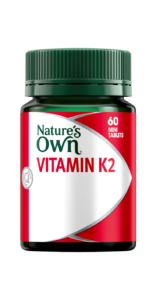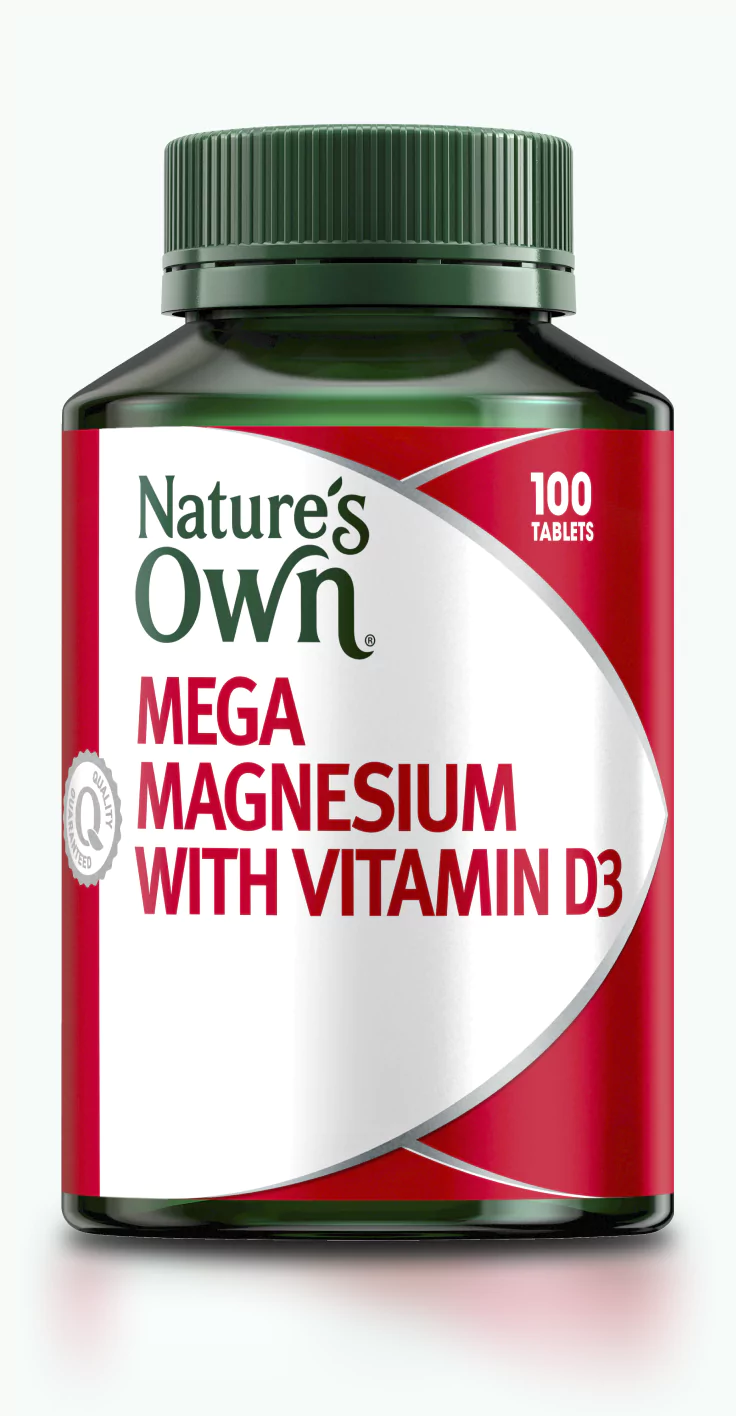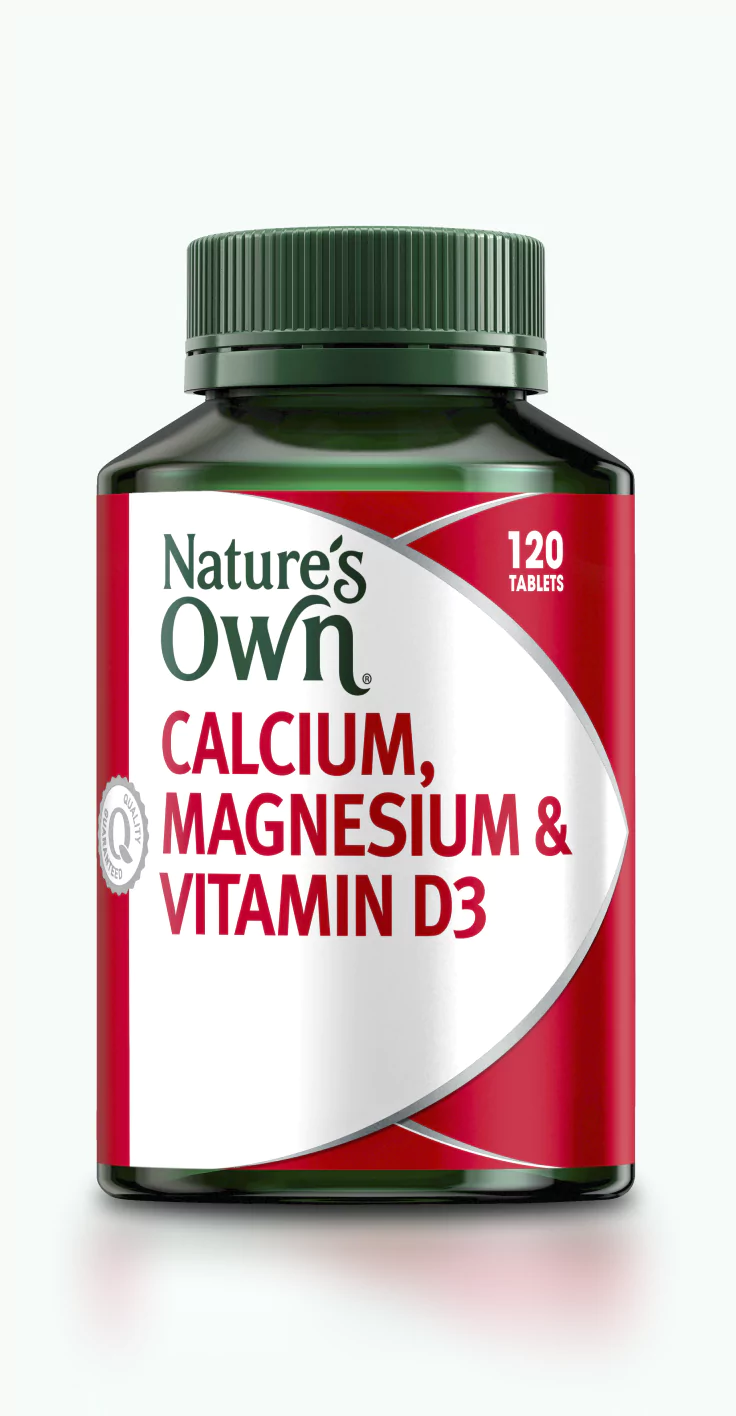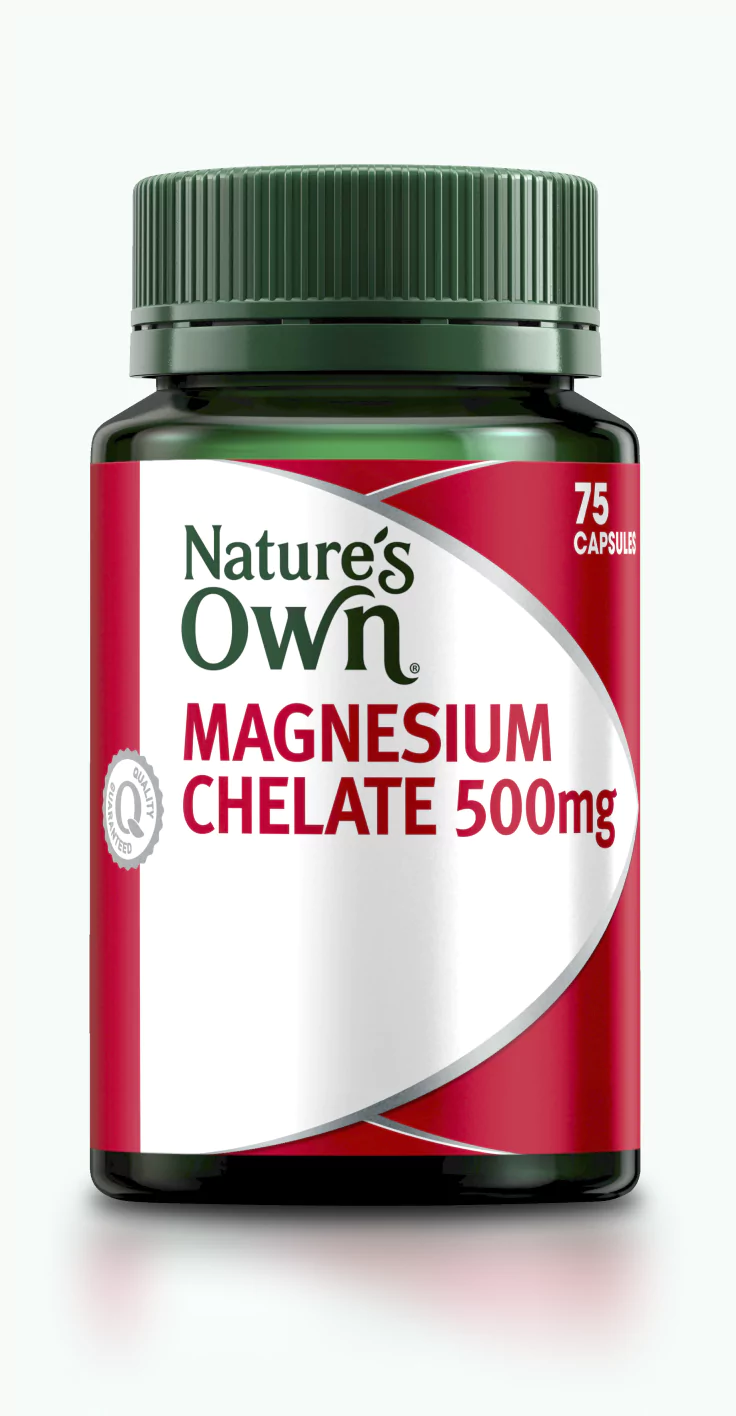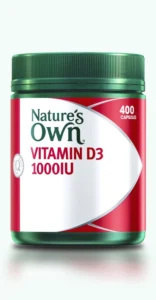
What are the benefits of Vitamin K2?
In this article
Vitamin K2 (also known as menaquinone) is a lesser-known but essential nutrient that plays a key role in supporting bone and possibly heart health. In this article, we’ll explore what vitamin K2 is, how it differs from other forms of vitamin K, its benefits and the best dietary sources.
What is Vitamin K2?
Vitamin K2 is a fat-soluble vitamin belonging to the vitamin K family, which also includes vitamin K1 (phylloquinone). While vitamin K1 is found mainly in leafy greens, vitamin K2 is found in certain animal and fermented foods and is vital for calcium metabolism and possibly cardiovascular health. Menaquinone-7, or Vitamin K2-7 is a more bioavailable form of K27.
Supplements may be necessary for those who do not get enough vitamin K2 from their diet, particularly if they consume little fermented food or animal products.
The Importance of Vitamin K2 for the Body
Vitamin K2 helps activating proteins that regulate where calcium ends up in your body. K2 helps ensure that calcium is deposited in bones.1
What Does Vitamin K2 Do for the Body?
- Directs calcium to bones: Vitamin K2 activates osteocalcin, a protein that binds calcium to bone, supporting bone mineralisation.1
- Discouraging calcium buildup in arteries: K2 activates matrix Gla-protein, discourages calcium from depositing in blood vessels.1 2
Vitamin K2 Insufficiency and Its Symptoms
Vitamin K2 insufficiency is less common than vitamin K1 insufficiency but can occur, especially in people with poor diets, digestive complications from certain medications.
Causes of Vitamin K2 Insufficiency
- Poor dietary intake, particularly low consumption of vitamin K2-rich foods (such as fermented foods and some animal products), can lead to insufficiency3.
- Some medicines can disrupt gut bacteria responsible for synthesising vitamin K2, contributing to insufficiency3.
Vitamin K2 Insufficiency Symptoms
- Poor bone health: Vitamin K insufficiency can disrupt bone mineralization.
- Easy bruising: The most prominent symptom of vitamin K insufficiency (including K2) is easy bruising.
Can You Test for Vitamin K2 Insufficiency?
There is no routine test for vitamin K2 insufficiency, but healthcare professionals can test levels in the blood.
Recommended Daily Vitamin K2 Intake
The adequate intake recommended in Australia is 60–70 mcg per day for adults.
Dietary Sources of Vitamin K2
Vitamin K2 is less common in the diet than K1 and is found mainly in fermented foods and certain animal products.
What Foods Have Vitamin K2?
- Natto (fermented soybeans)
- Hard and soft cheeses (especially Gouda, Brie)
- Egg yolks
- Chicken, liver, and other organ meats
Does Vitamin K2 Interact with Medications?
Yes. Vitamin K2 can interact with blood-thinning medications such as warfarin. Always consult your doctor before starting supplementation. 4
Does Vitamin K2 Affect Calcium Absorption?
Vitamin K2 does not increase calcium absorption but helps distribute calcium to the right places, supporting bone health.1
FAQ
Can I Take Vitamin K2 with Vitamin D?
Yes. Vitamin D3 and K2 work together to regulate calcium – D3 increases calcium absorption, while K2 directs it to the right place.
Does Vitamin K2 Help with Bone Health?
Yes. Vitamin K2 supports bone health.4
Is Vitamin K2 Good for Heart Health?
Potentially yes, talk to your healthcare professional.
How Much Vitamin K2 is in Natto?
Natto is the richest known source, with one serving containing over 850 mcg of vitamin K2.4
Can I Take Vitamin K2 on an Empty Stomach?
You can, but, Vitamin K2 is fat-soluble and is best absorbed with a meal containing healthy fats.
Do Eggs Have Vitamin K2?
Egg yolks contain small amounts of vitamin K2, 4mcg.4
Does Cheese Contain Vitamin K2?
Yes, a small amount, cheddar cheese has approximately 4mcg.4
Do Fermented Foods Have Vitamin K2?
Fermented foods are excellent sources. Natto, a traditional Japanese food, contains the highest known levels of vitamin K2 (over 800 mcg per serving). Other fermented foods like sauerkraut and kefir contain smaller amounts.4 5
References
[1] Maresz, K. (2015) ‘Proper calcium use: Vitamin K2 as a promoter of bone and cardiovascular health’, Integrative Medicine (Encinitas, Calif.), 14(1), pp. 34–39. Available at: https://www.ncbi.nlm.nih.gov/pmc/articles/PMC4566462/
[2] Elbossaty, W.F. (2017) ‘Significant influence for vitamin K on different metabolic diseases according to positive effect on levels of both vitamin D, and calcium’, Archives of Biotechnology and Biomedicine, 1(1), pp. 1–4. Available at: https://www.biotechmedjournal.com/articles/abb-aid1010.php
[3] Eden, R.E., Daley, S.F. and Coviello, J.M. (2023) ‘Vitamin K Deficiency’, in StatPearls [Internet]. Treasure Island (FL): StatPearls Publishing. Available at: https://www.ncbi.nlm.nih.gov/books/NBK536983/
[4] National Institutes of Health Office of Dietary Supplements (n.d.) ‘Vitamin K – Fact Sheet for Health Professionals’. Available at: https://ods.od.nih.gov/factsheets/VitaminK-HealthProfessional/
[5] Walther, B., Karl, J.P., Booth, S.L. and Boyaval, P. (2013) ‘Menaquinones, bacteria, and the food supply: the relevance of dairy and fermented food products to vitamin K requirements’, Advances in Nutrition, 4(4), pp. 463–473. Available at: https://pubmed.ncbi.nlm.nih.gov/23858094/
[6] National Health and Medical Research Council (NHMRC); Nutrient Reference Values for Australia and New Zealand including Recommended Dietary Intakes; Canberra; 2006; page 147-51
[7] Jadhav, N., Ajgaonkar, S., Saha, P., Gurav, P., Pandey, A., Basudkar, V., Gada, Y., Panda, S., Jadhav, S., Mehta, D., & Nair, S. (2022). Molecular Pathways and Roles for Vitamin K2-7 as a Health-Beneficial Nutraceutical: Challenges and Opportunities. Frontiers in pharmacology, 13, 896920. Available at: https://pmc.ncbi.nlm.nih.gov/articles/PMC9237441/
